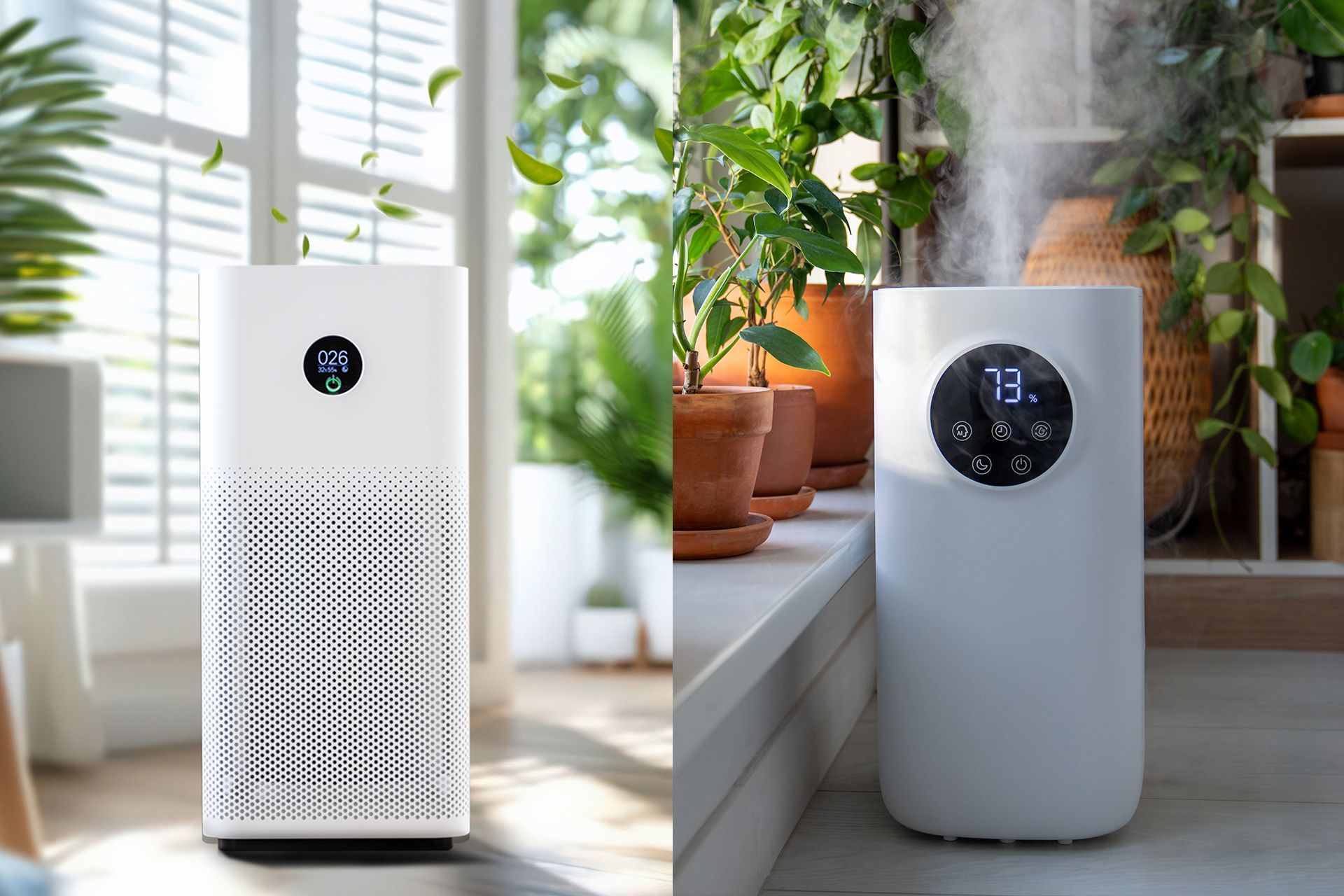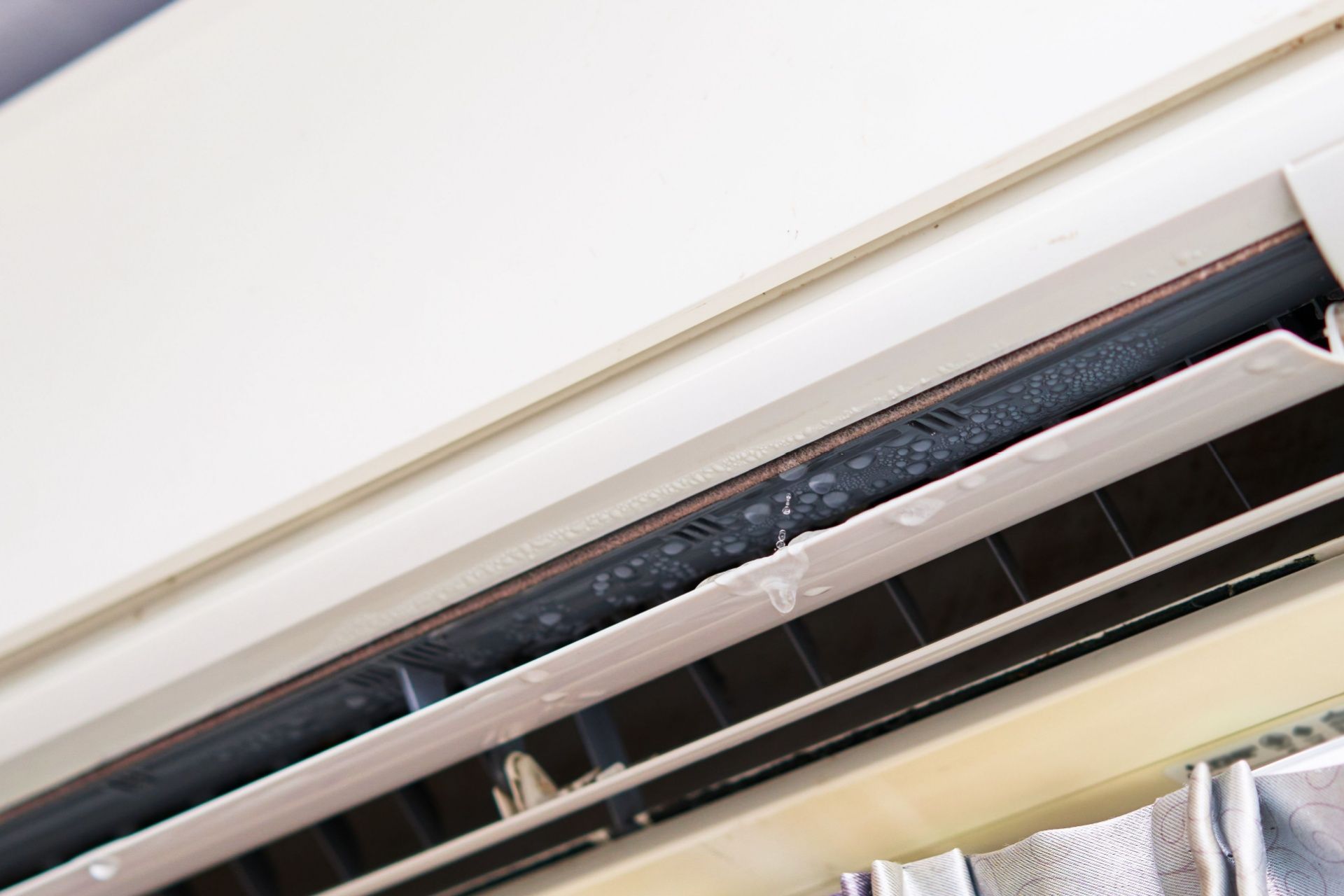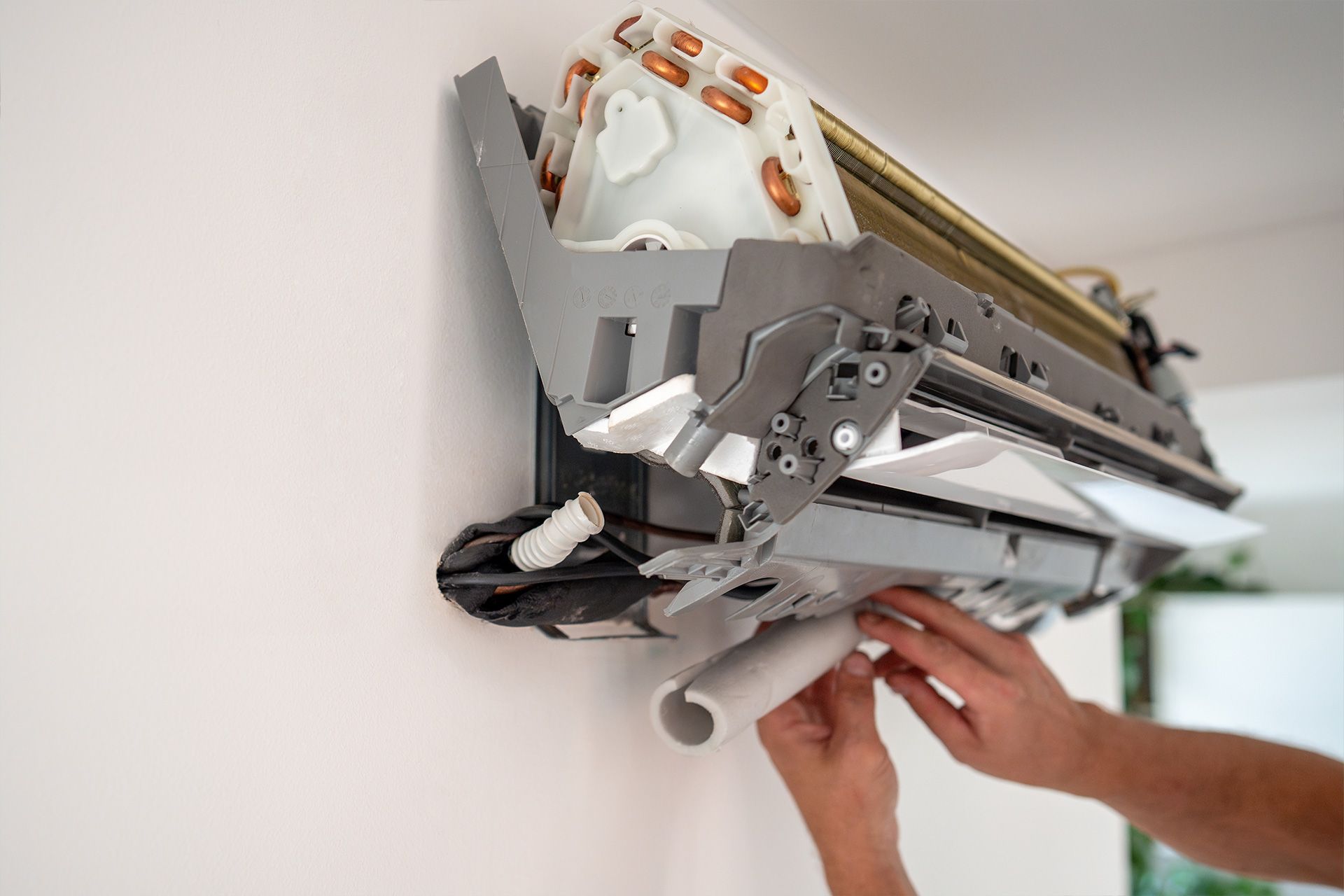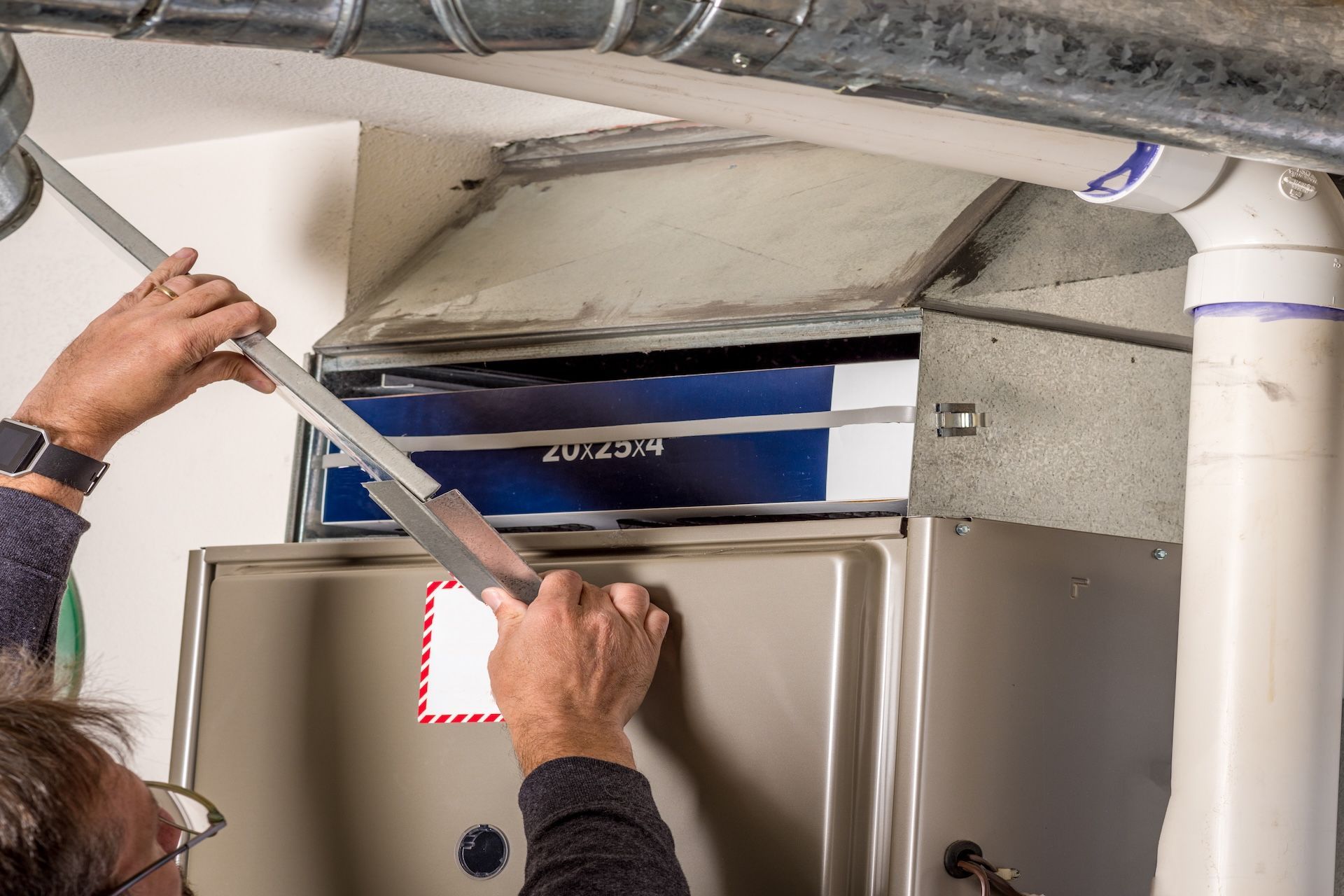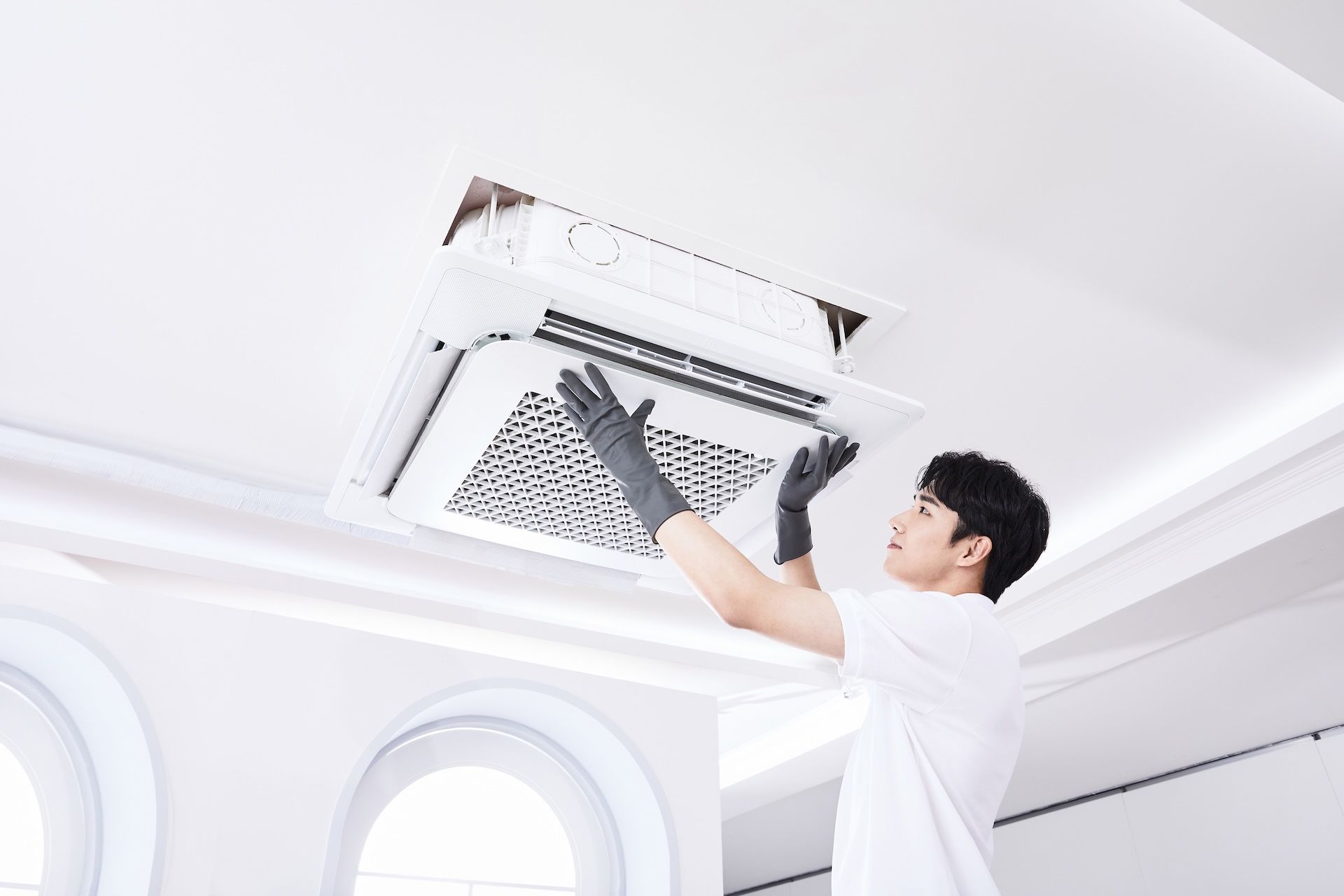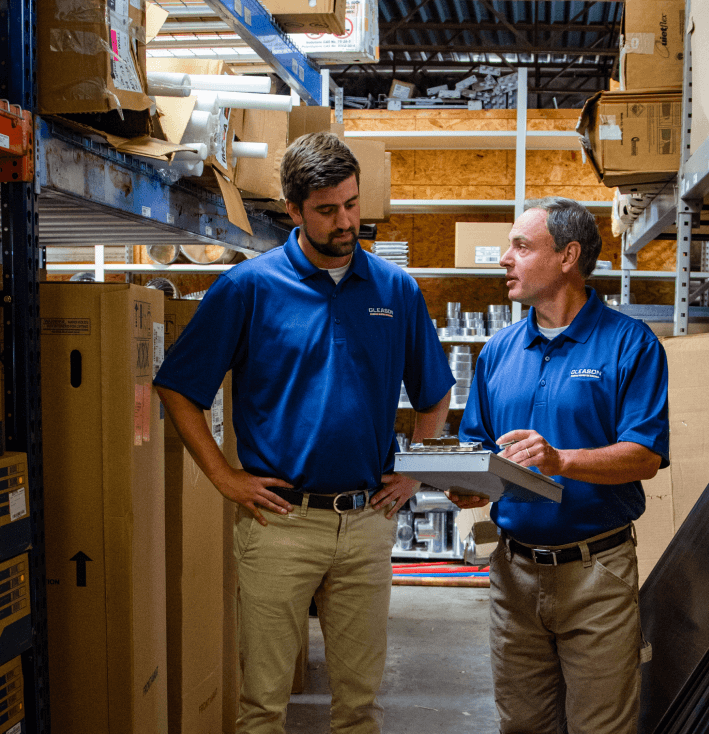Articles
HVAC Contractor Tips and Articles For Your Home
Should You Repair or Replace Your HVAC System?
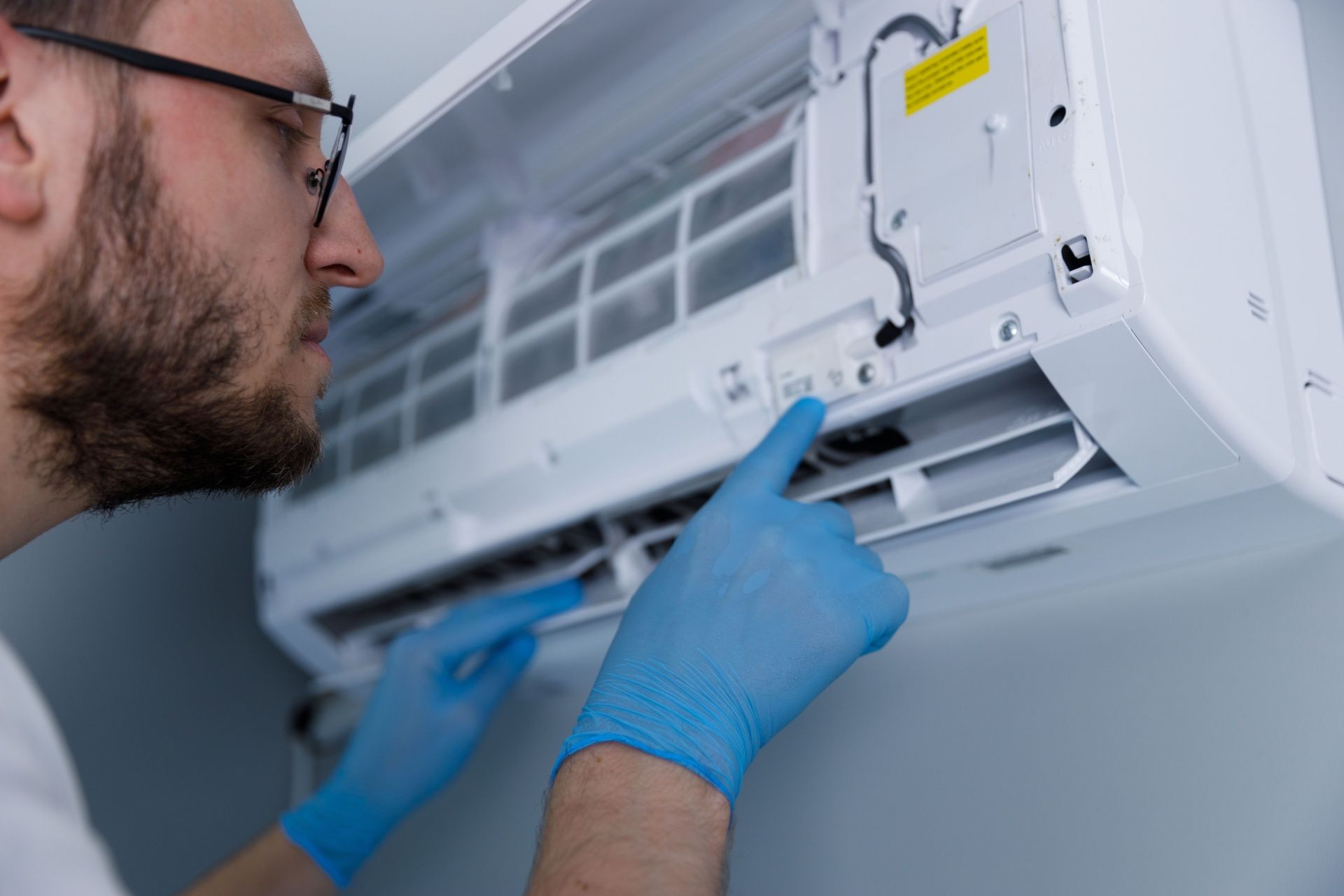
When your heating and cooling system stops working the way it should, one of the biggest questions homeowners face is: Should you repair or replace your HVAC system? It’s not always an easy choice. Repairs may seem cheaper in the short term, but sometimes replacing your unit is the smarter long-term decision.
This guide will help you understand when HVAC repair makes sense and when HVAC replacement is the better option. We’ll cover signs to watch for, costs to consider, and expert tips so you can make a confident choice for your home.
Understanding Your HVAC System
Your HVAC system (Heating, Ventilation, and Air Conditioning) is one of the most important parts of your home. It keeps you comfortable year-round, whether it’s cooling your home during hot summers or keeping you warm in the winter.
A typical HVAC system includes:
- Furnace or heat pump for heating.
- Air conditioner or cooling unit.
- Ductwork to move air throughout your home.
- Thermostat to control temperature.
Like any machine, your HVAC system will eventually need maintenance, repairs, or replacement. The key is knowing when it’s worth fixing and when it’s time to upgrade.
When HVAC Repair Makes Sense
In many cases, repairing your HVAC system is the right choice. Here are situations where HVAC repair is often the smarter option:
1. Your System Is Relatively New
If your HVAC system is less than 10 years old, most experts recommend repairing rather than replacing. Newer systems typically have many good years left, and a repair can keep them running efficiently.
2. The Repair Cost Is Low
A simple fix, like replacing a thermostat or fixing a fan motor, usually costs much less than buying a new system. If the repair is minor and affordable, repair is usually the best path.
3. Your Energy Bills Are Still Normal
If your system is working well and your energy bills haven’t spiked, it may not make sense to replace it just yet. Small repairs can often restore efficiency.
4. The Problem Is Uncommon
If your HVAC system doesn’t often break down, one repair could solve the issue for years to come.
When HVAC Replacement Is the Better Choice
Sometimes, repairs just aren’t enough. If your system is old or constantly breaking down, HVAC replacement could save you money and stress in the long run. Here are key signs it’s time to consider a new system:
1. Your HVAC System Is Over 10–15 Years Old
Most HVAC systems last around 12–15 years. If yours is approaching or past that age, replacing it may be more cost-effective. Even if it still works, an old system usually runs less efficiently, driving up your energy bills.
2. Repairs Cost More Than Half the Price of a New System
Experts often use the “50% Rule.” If the repair cost is more than 50% of the cost of a new system, replacement is usually the smarter choice.
3. Your Energy Bills Keep Rising
Older systems lose efficiency over time. If you notice your energy bills climbing even after regular HVAC maintenance, it may be time to invest in a new, energy-efficient model.
4. Your Home Isn’t Comfortable
Do you notice uneven heating or cooling, frequent cycling, or strange noises? These are signs your HVAC system may no longer be able to keep up with your home’s needs.
5. Frequent Breakdowns
If you find yourself calling for repairs multiple times a year, replacing may be more cost-effective. A new system offers peace of mind and fewer emergency repair bills.
Benefits of Replacing Your HVAC System
Choosing a replacement isn’t just about fixing problems; it can also bring new benefits to your home:
- Energy efficiency: New systems meet strict efficiency standards and can cut energy bills by 20% or more.
- Better air quality: Advanced systems filter and circulate air more effectively.
- Smart technology: Many new HVAC systems connect with smart thermostats for easier control.
- Peace of mind: A brand-new system comes with warranties, reducing worry about future breakdowns.
Tips to Decide Between Repair and Replacement
Still not sure which choice is right for you? Here are some expert tips:
- Check the age of your system – If it’s under 10 years old, lean toward repair. If over 15, replacement may be smarter.
- Review past repairs – Frequent breakdowns are a sign that replacement is needed.
- Calculate energy costs – If bills are rising, replacement can improve efficiency.
- Look at the 50% rule – If the repair costs more than half of a new system, replace.
- Consider comfort – If your system no longer keeps your home comfortable, upgrading is often the best choice.
Final Thoughts: Repairing vs. Replacing Your HVAC System
Deciding between HVAC repair and HVAC replacement comes down to age, cost, efficiency, and comfort. Repairs work well for newer systems with small issues, while replacement is better for older systems with frequent problems or rising energy costs.
A trusted HVAC professional can help you weigh your options and choose the right solution for your home.
Call Gleason Heating and Air Conditioning today for expert advice and reliable HVAC services you can trust!
FAQs About HVAC Repair and Replacement
How do I know if my HVAC system needs repair or replacement?
If your system is under 10 years old and the repair is affordable, repair is usually best. If it’s older than 15 years or needs costly repairs, replacement may save you more money long-term.
How long does an HVAC system last?
Most systems last 12–15 years with proper maintenance, though some can last up to 20 years.
Can replacing my HVAC system lower my energy bills?
Yes! Newer models are more energy-efficient and can reduce energy costs by 20% or more.
Should I replace both AC and furnace at the same time?
Often, yes. Replacing both together can ensure better efficiency and compatibility, and it may cost less than replacing them separately.
Disclaimer: The information on this website and blog is for general informational purposes only and is not professional advice. We make no guarantees of accuracy or completeness. We disclaim all liability for errors, omissions, or reliance on this content. Always consult a qualified professional for specific guidance.

